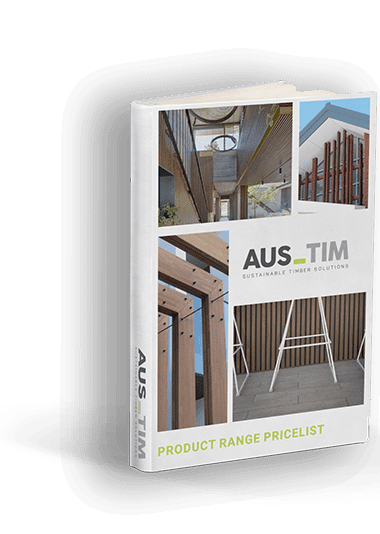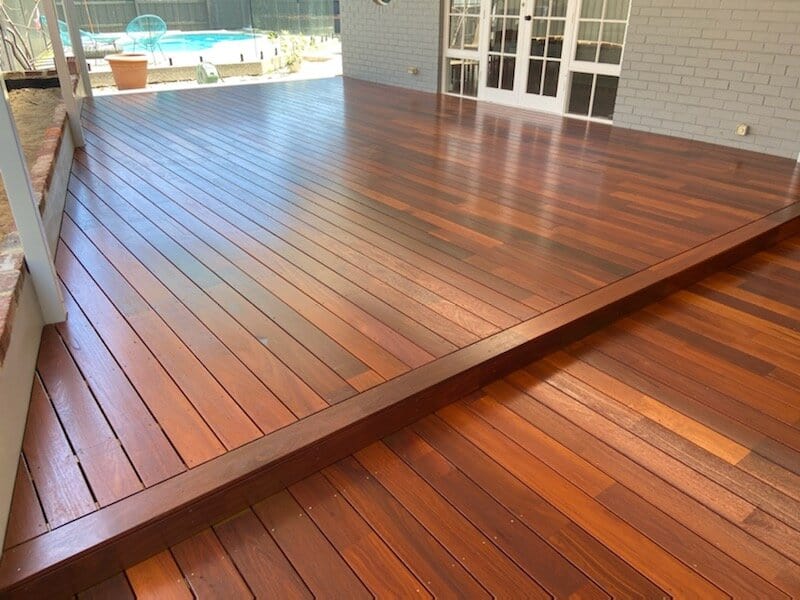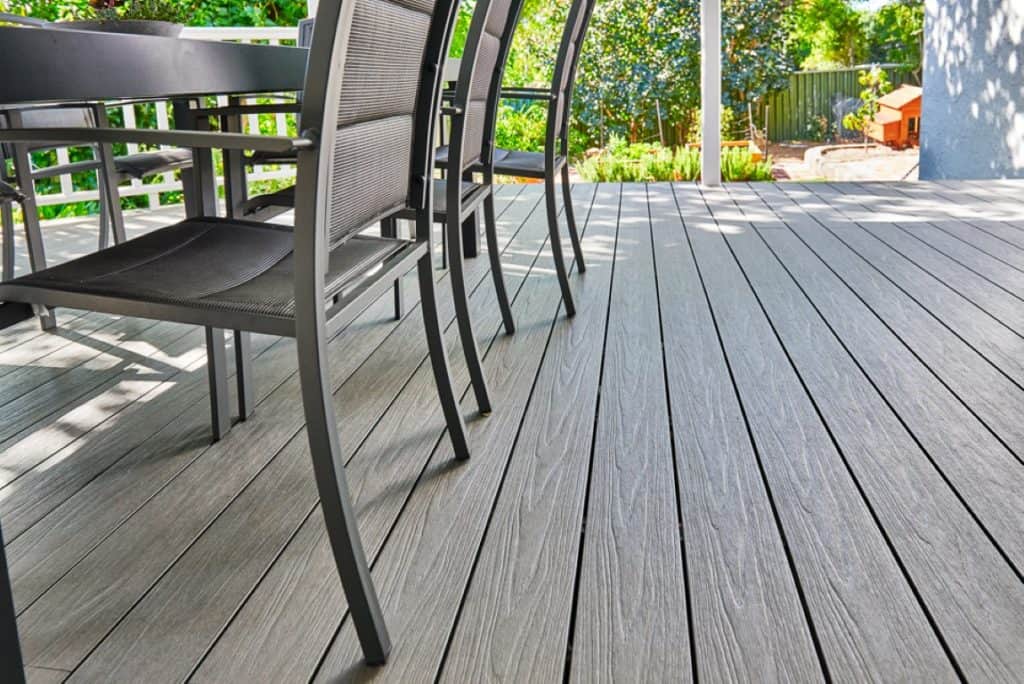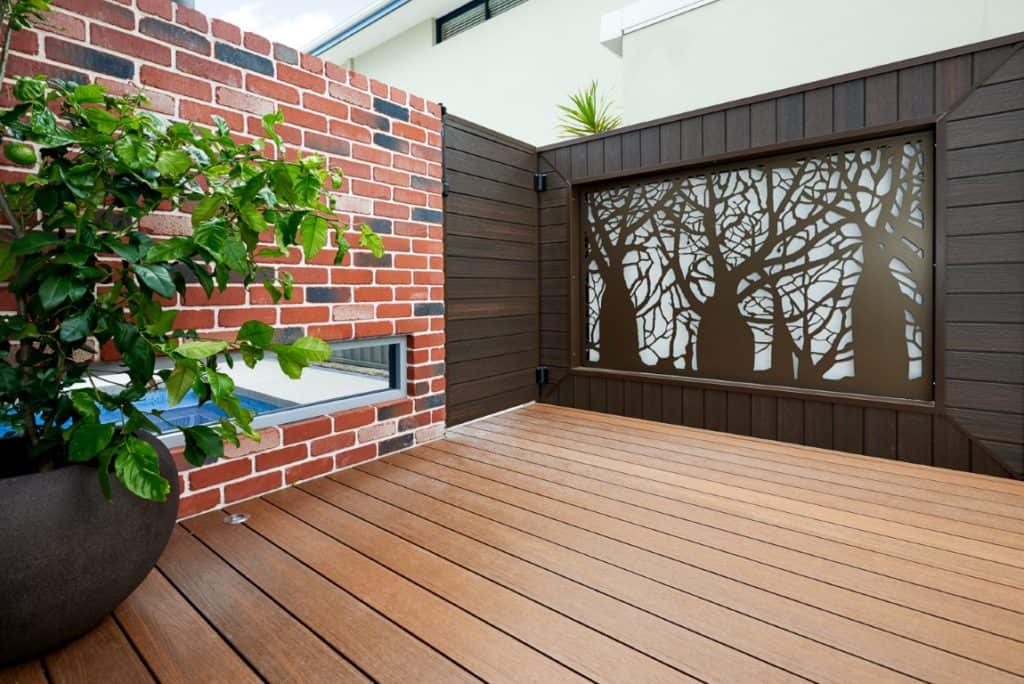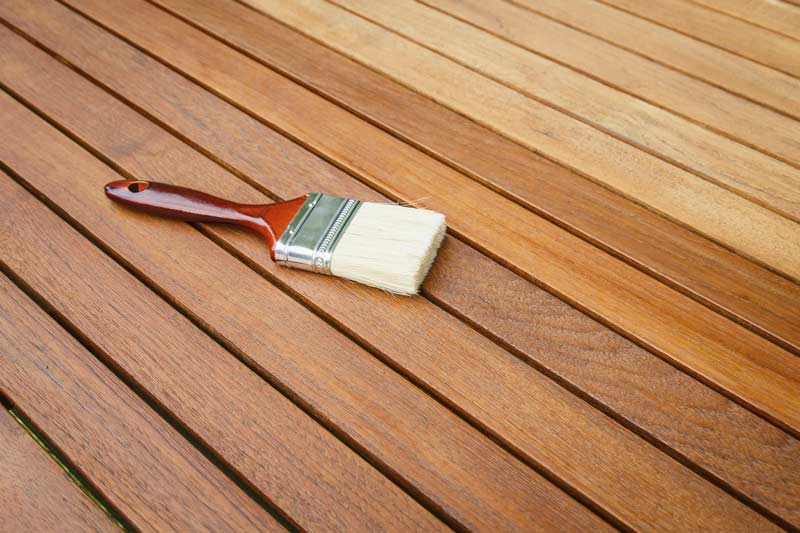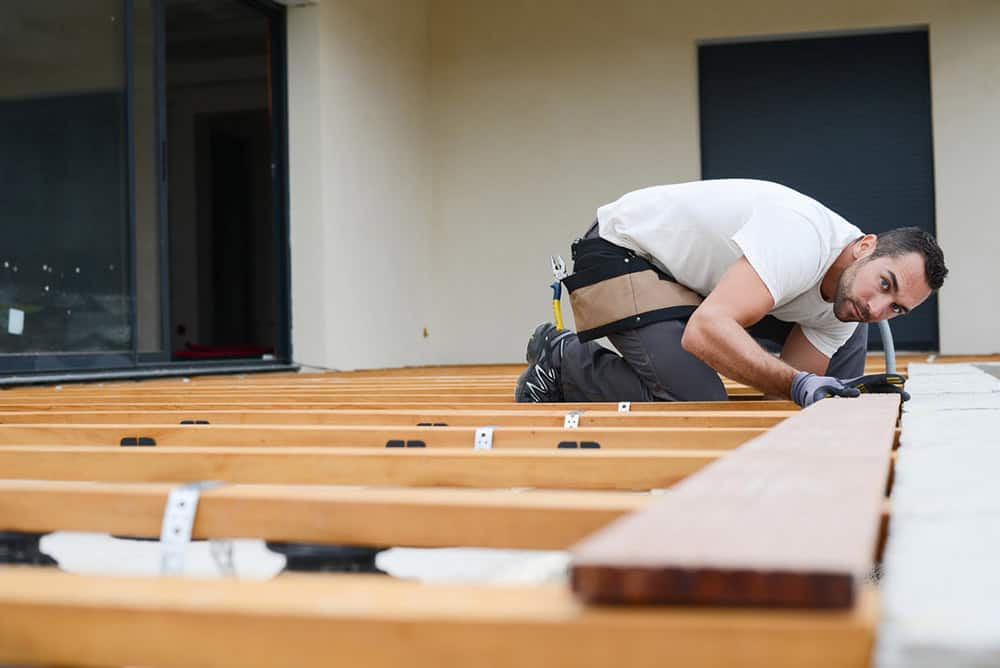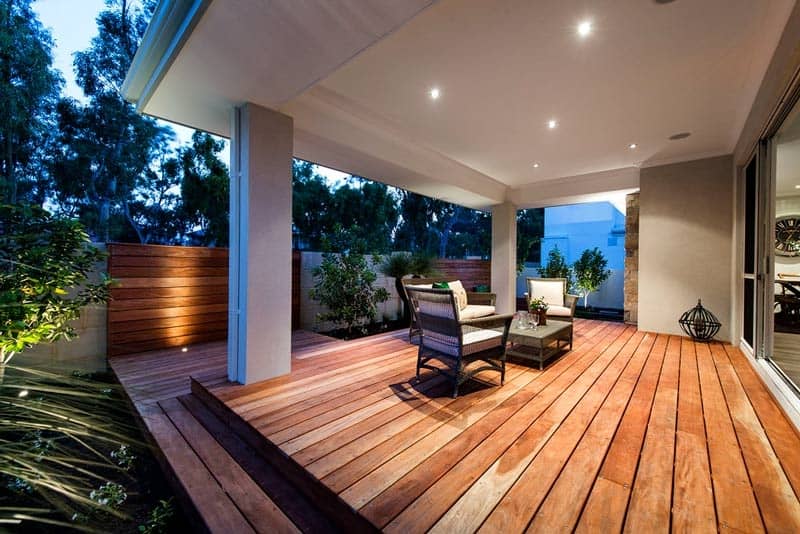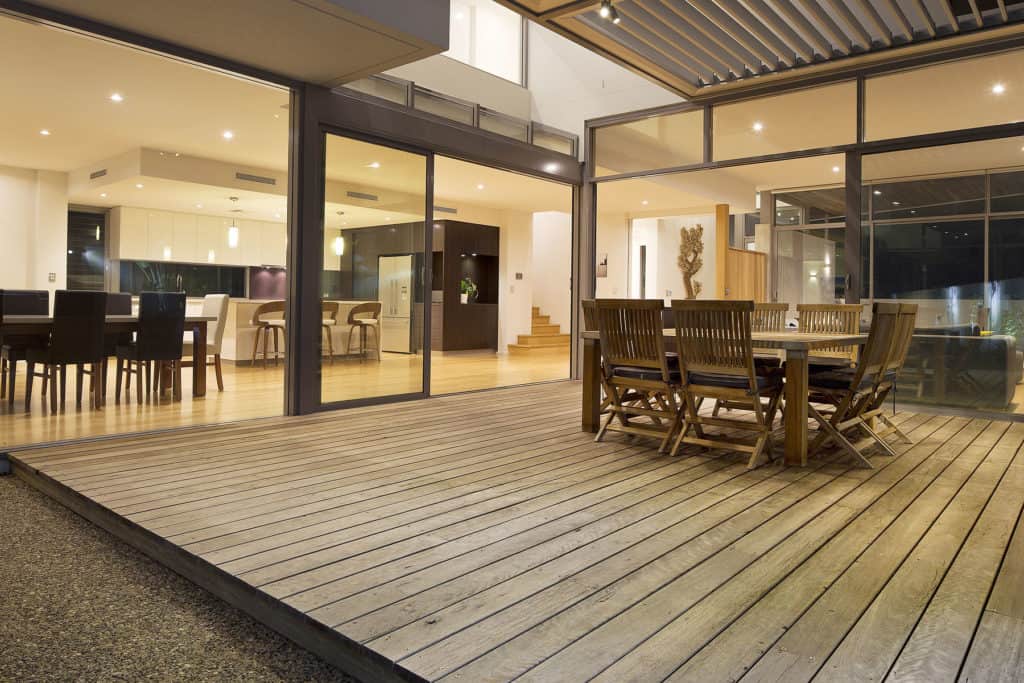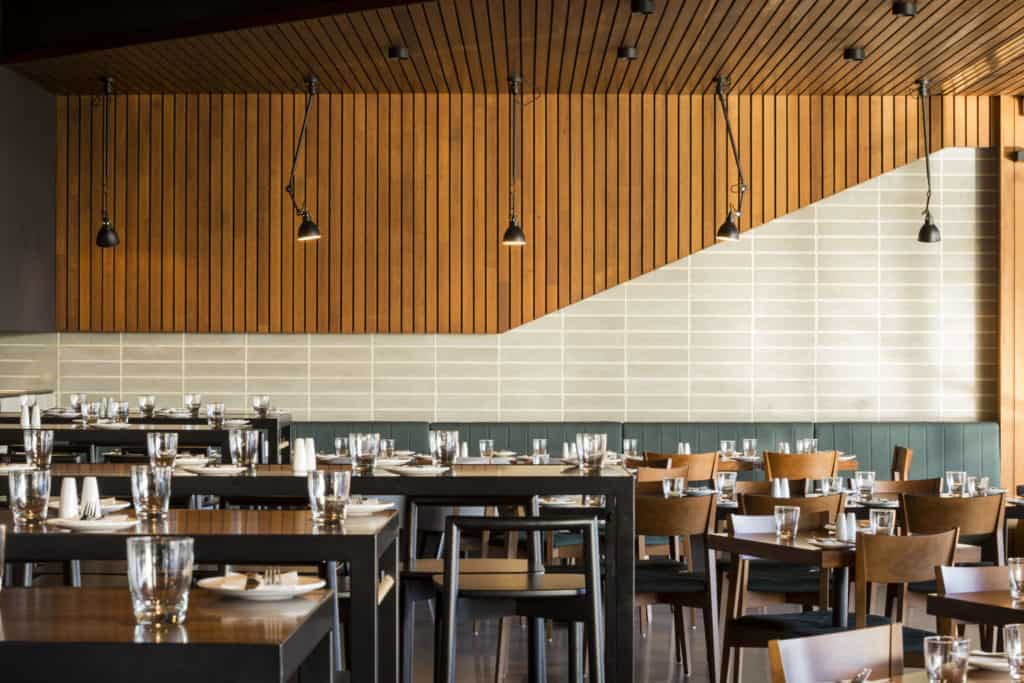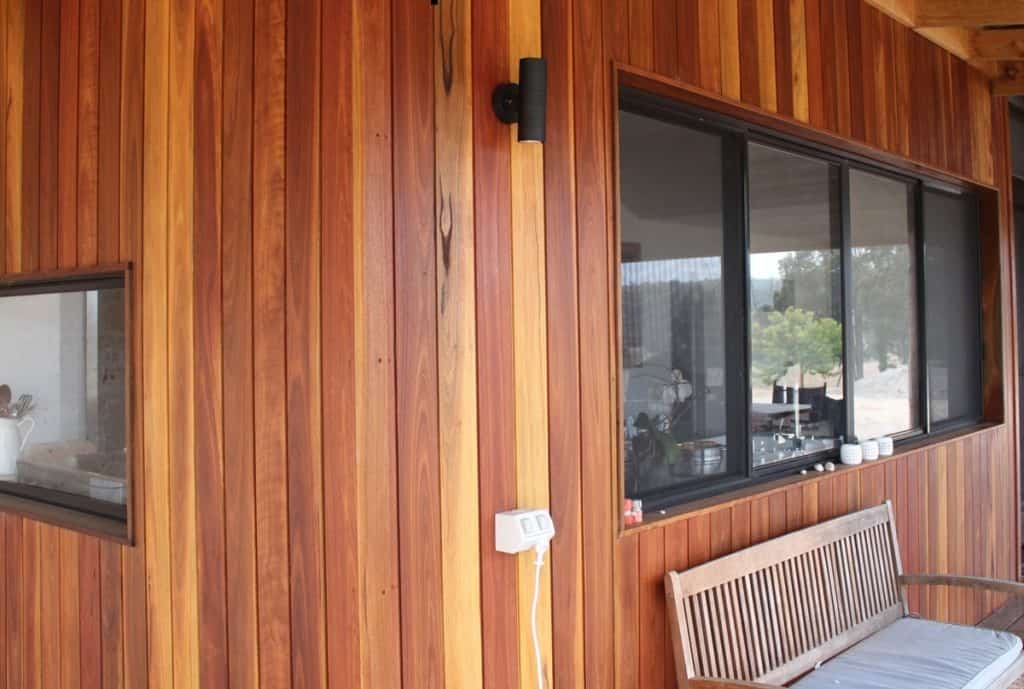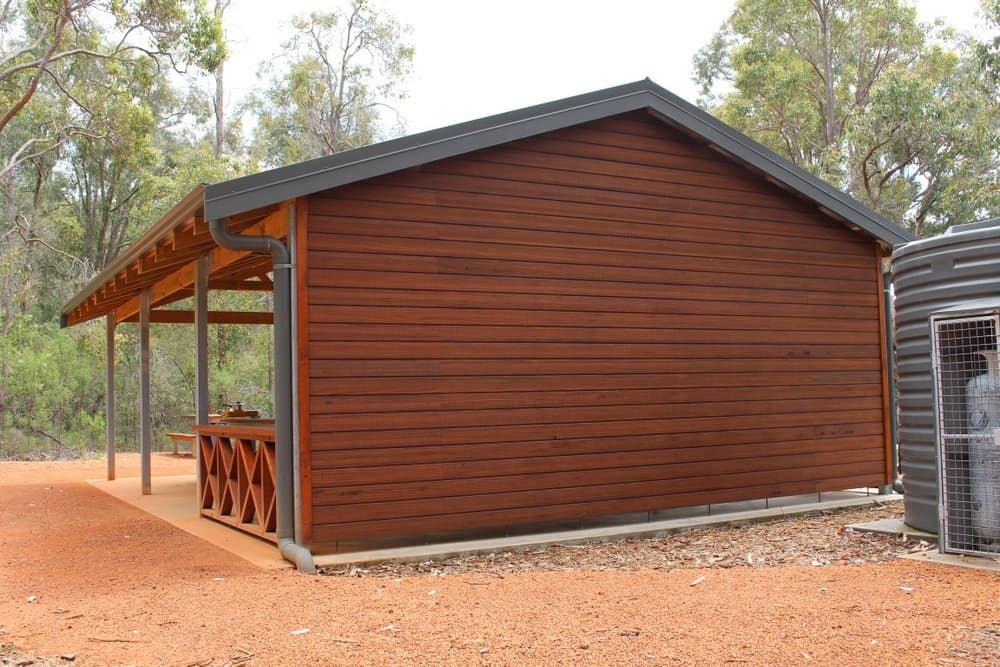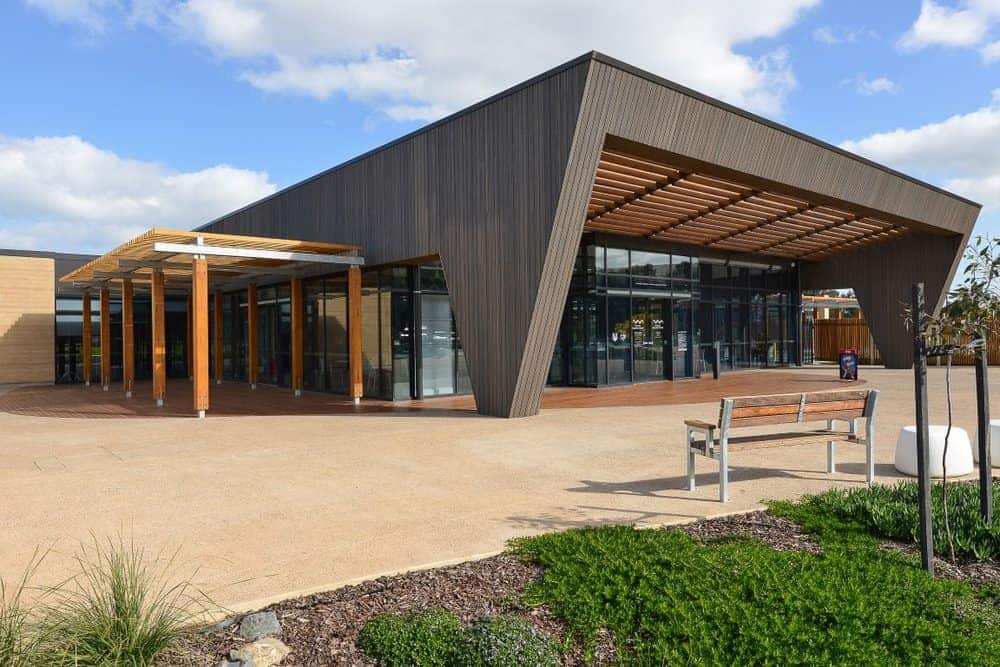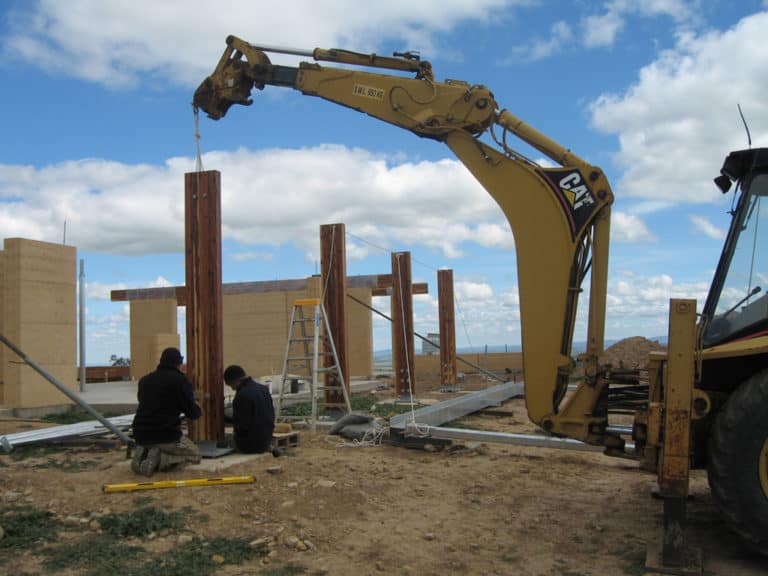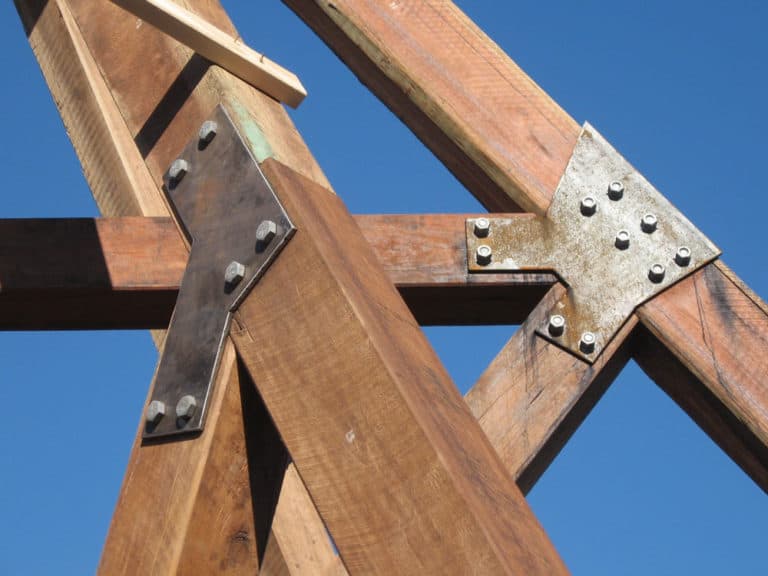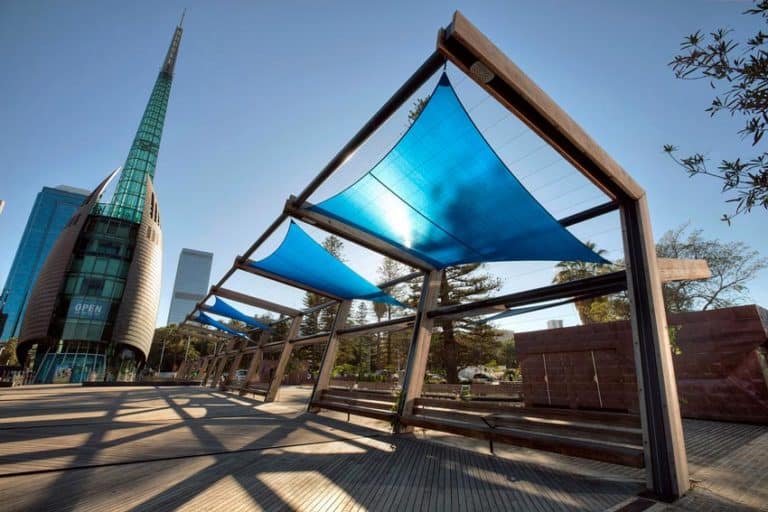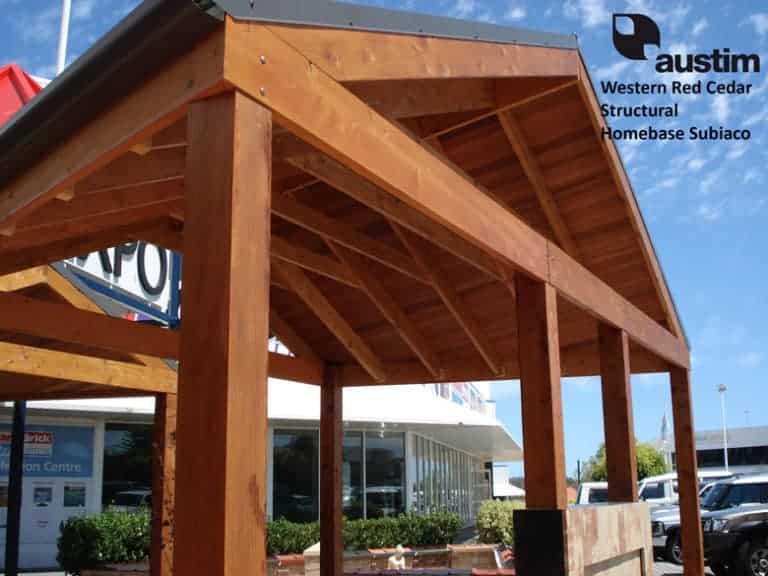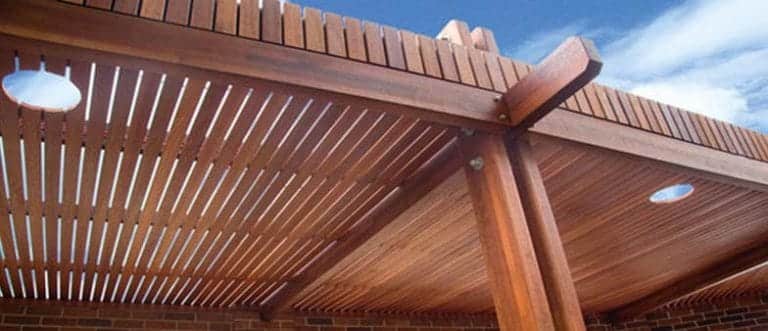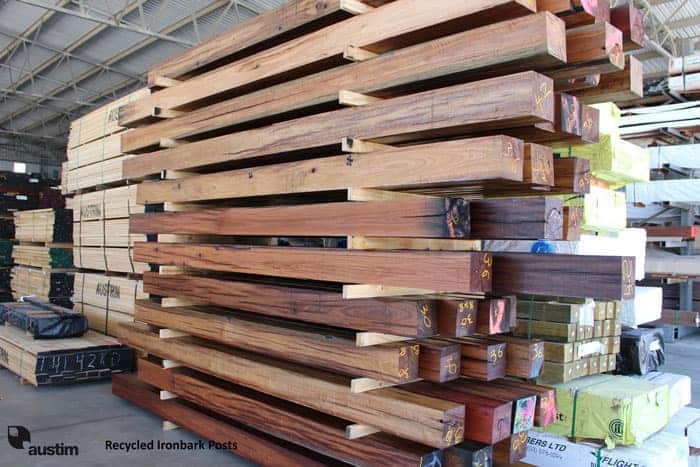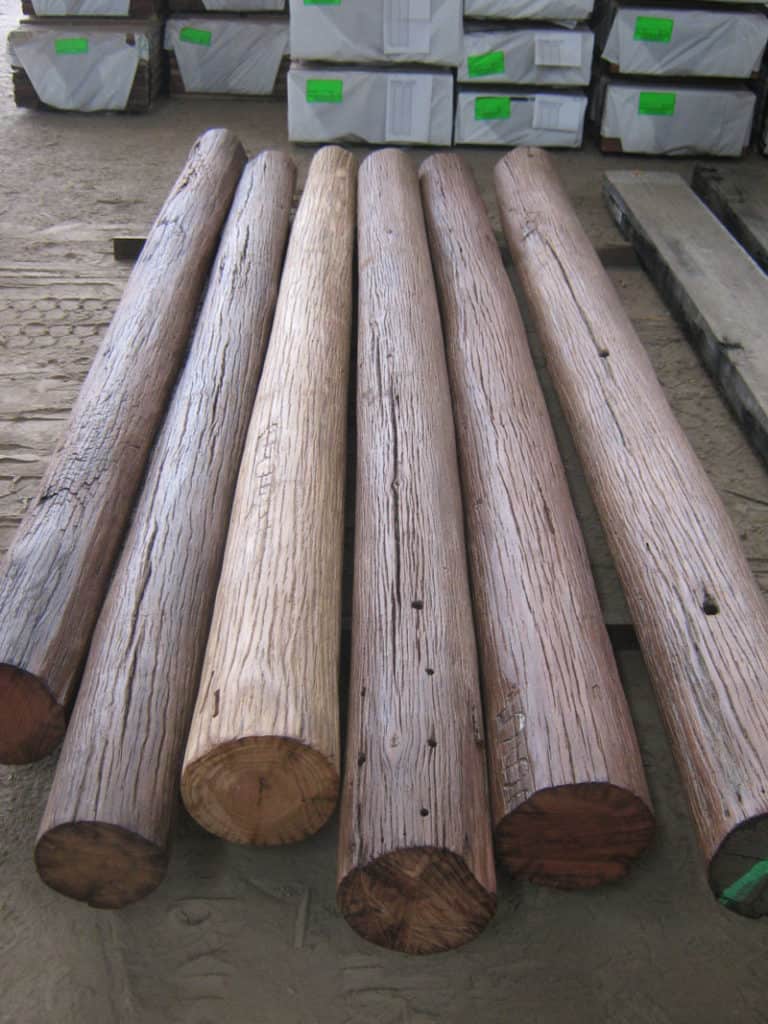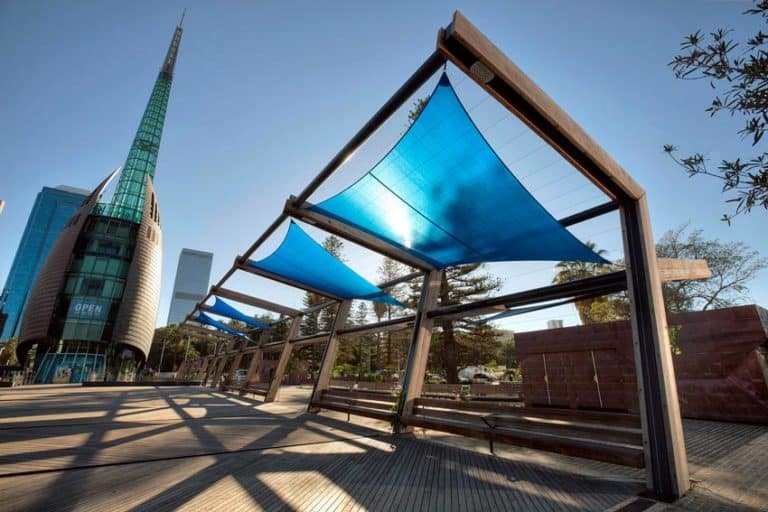Whether you want one to host al fresco style dinner parties for friends or to simply relax outside and read the latest best seller, a deck can be a great addition to your backyard. A deck not only adds to personal enjoyment, but also can benefit you fiscally – it can increase the value to your property.
But choosing the right decking for your space can be a bit of a minefield. In today’s market, there are countless options available, so it’s no surprise if you’re feeling confused about what sort of deck you should buy.
Unfortunately, there is no definitive answer as to ‘what’s best’. Traditional timber and composite both have particular benefits that make them ideal candidates, but when it boils down to it, the right deck for you depends on a range of factors, which we will analyse in this blog.
Selecting decking material
One of the greatest considerations in choosing a deck is look vs durability. Timber is sourced from re-growth forests and plantations, while composite is manufactured with reclaimed sawdust and plastics. Timber’s market appeal relies heavily on the aesthetic. If that is what you are looking for in a deck, then you cannot go wrong with timber.

Composite Decking Material. Source: Architecture and Design
However, many customers have misconceptions about composite material. Although composite is a man-made material, it is still a great choice for decking. Nearly any problem timber decking encounters– staining, warping, rot, insect damage, wear and exposure is eliminated with the installation of composite decking.
Installation of decking
When buying decking material, the cost of labour/installation is generally overlooked, despite its potential to consume a large portion of your budget.
Composite decking is much easier to install than timber decking, because it is manufactured with a groove system with special fixings that allows planks to quickly slot into place. It is also possible to install composite decking on your own, as you do not need any special tools.
Timber is generally more time consuming to install and therefore more expensive. Because of the potential to incorrectly perform the installation, we highly recommend you contract a quality tradesperson to install your timber decking.
Deck maintenance
If you are time poor, you might want to think twice about getting a timber deck. To keep traditional timber looking in tip-top shape, you will have to dedicate time to cleaning and oiling it, as well as possibly periodic sealing and resurfacing. Composite, on the other hand, is essentially maintenance free limited to just cleaning as required.
Design
Some people are fascinated by the natural beauty of timber. When used in decking, timber can create a warm and inviting space that connects you with the outdoors. However, a lot of people fail to realise the design potential of composite material.
In terms of customisable design options, composite is definitely superior, due to its ability to be manipulated into curves; it is great for building in unconventional spaces. Composite is also available in a wide range of colours and styles, including wood grain patterns to closely resemble natural wood.
Return On Investment
If you’re looking at decking from purely a financial perspective, it can be tricky, because both timber and composite are good investments.
In terms of upfront costs, timber is the cheaper investment, coming in at roughly $75 per square metre, whereas composite has a median price of around $140 per square metre. However, composite excels as a long term investment for three reasons:
- It is easy to install
- It looks better for longer
- It is inexpensive to maintain – it needs no sealing or resurfacing
Over an extended period of time, it will be cheaper to install composite. It all depends on how long you expect to wait for your return on investment. If you are looking to quickly improve your place to sell it for a profit, we’d recommend using timber. However, if you intend on living on the premises for many years to come, composite may be a better option.
We hope this article has informed you about timber and composite decking materials and will help you make a decision when it comes time to buy.


